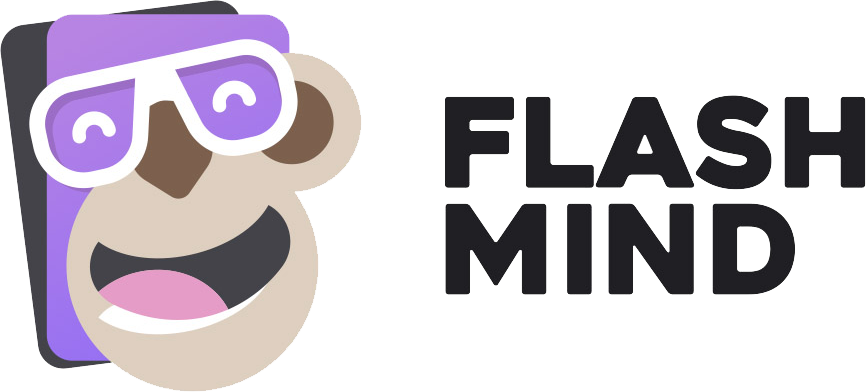The project
Flashmind is a learning platform to improve writing, reading and science skills for primary and secondary levels.
Context
The latest PISA results show that more than one in five European students underperform in reading, science and mathematics. In these subjects, the culture of the written word remains predominant in the different school systems. However, research in cognitive psychology has shown the power of images, interaction and the combination of media (text, image, sound, etc.) in learning. This question makes sense in relation to the number of learners with so-called visual intelligence (65%) or students with difficulties in accessing the written word, such as students with DYS disorders (between 10% and 12% according to the figures in the literature and those used by the experts). For these pupils, access to knowledge in written form is very problematic. Without adequate support, this obstacle often leads to discouragement and failure at school.

Objectives
With the Flashmind project, the partnership aimed to integrate pupils with different learning abilities and needs into the curriculum, offering innovative methods to support the development of their key skills. In order to promote inclusion through the accessibility of content, we wanted to adapt the learning paths for people with DYS learning disabilities and promote visual teaching and reformulation.
We also wanted to promote memory anchoring and strengthen basic skills, particularly in the three themes of the project (science, mathematics and reading), for European pupils in cycles 1 and 2 in order to remove future obstacles to growth and innovation.
Resources
1
Multilingual platform that brings together all the content produced in the framework of the project
140
Lessons available on the platform, free access, in reading, science, mathematics from 8 to 16 years old.
3 000
Flash cards, accessible via lessons or direct access.
23
Practical sheets to help teachers or carers adapt their teaching resources.
1
White paper on the use of flash cards to facilitate memory anchoring and inclusive pedagogy.


